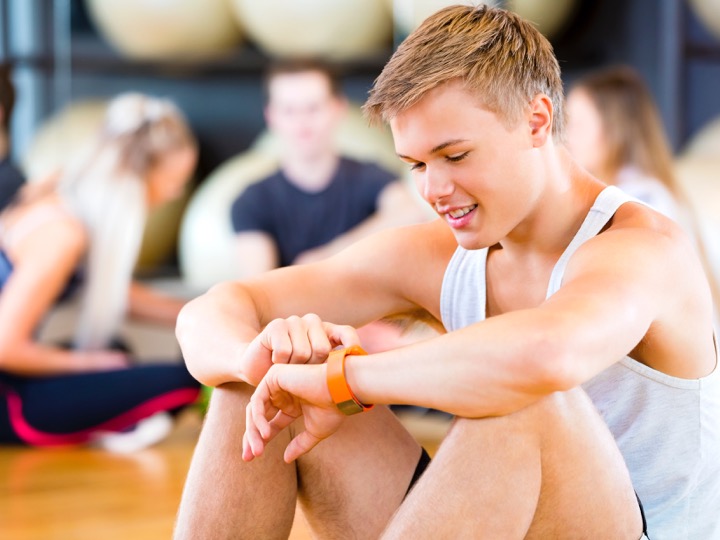Teenagers opposed to Fitbit use in schools, study finds

Pupils in secondary schools are reluctant to see wearable technology devices – such as Fitbits – introduced into PE lessons, and the device could potentially cause a longer-term negative impact on students’ overall wellbeing.
In a new study, published today in Sport, Education and Society, researchers analyzed the interview responses of 41 PE class members from two UK secondary schools, who used Fitbits over an eight-week period.
Despite the initial enthusiasm towards meeting the Fitbit’s daily 10,000-step goal, this was short-lived. The students’ physical activity levels declined steadily over time, suggesting that the use of a Fitbit to encourage higher activity levels is not a viable long-term solution.
Additionally, researchers discovered the use of Fitbits resulted in feelings of inadequacy and lower self-esteem among pupils who did not complete 10,000-steps, as they had not hit their daily target. Pupils felt the 10,000-step goal to be too prescriptive, and they did not want teachers to impose step- or calorie-based targets due to the additional pressure and stress it would place upon them.
Lead author Dr Victoria Goodyear, from the University of Birmingham, comments: “New healthy lifestyle technologies, like Fitbits, are often seen as a solution to physical inactivity in young people. Yet in our study, young people strongly opposed Fitbits being used in schools. Wearing a Fitbit demotivated them, physical activity levels declined, and the device made them feel inadequate.”
“Teachers, policy makers and health professionals must be aware that the use of health and fitness technologies in schools could have serious negative consequences for young people’s health. To encourage positive impacts, young people’s viewpoints must be sought.”
With the use of wearable health devices in schools becoming increasingly common, where they are often seen as a viable method of addressing rising levels of obesity and sedentary behaviour, the authors call for educators to develop young people’s awareness of these devices if they are to prove a success.
For an interview, please contact:
Dr Victoria Goodyear, Lecturer in Pedagogy, University of Birmingham
Email: V.A.Goodyear@bham.ac.uk
About The University of Birmingham
The University of Birmingham is ranked amongst the world’s top 100 institutions. Its work brings people from across the world to Birmingham, including researchers, teachers and more than 5,000 international students from over 150 countries.

 China
China